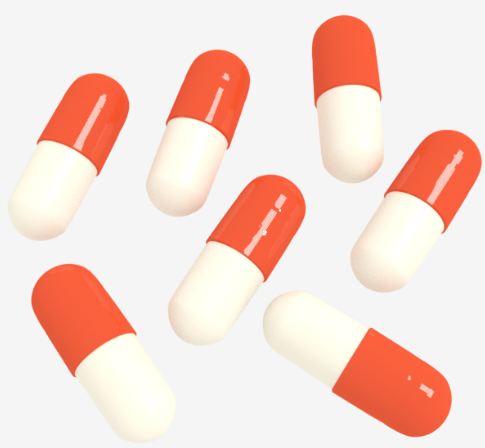In my March 27th article, I discussed the potential benefits of chloroquine—an anti-malarial drug—as a coronavirus treatment. Early evidence was promising, but more data will ultimately decide the future of the drug’s role. Given the pandemic’s unrelenting toll on human lives and hospital systems, other experimental treatments have also been considered, such as HIV drugs.
In March of 2020, respiratory experts from Wuhan, China used the HIV treatments lopinavir and ritonavir in a trial with hospitalized adults displaying severe COVID-19 symptoms. It was a randomized controlled trial, meaning that individuals were randomly assigned to either a lopinavir-ritonavir group or a standard treatment group. This is an effective way to design an experiment because it allows for a compelling analysis of the drugs’ ability to combat the coronavirus.
The researchers hoped lopinavir and ritonavir would inhibit the enzyme protease, which is necessary for a coronavirus infection.

“viral swine flu 4” by Sterin is licensed under CC BY-NC-ND 2.0
However, the results indicate these treatments did not work better than standard care. Specifically, the lopinavir-ritonavir group did not have significantly better mortality rates or lesser amounts of detectable virus infection than the standard treatment group. This is a disappointing finding, but allows researchers to focus their strained time and resources on other treatment options.
With all Pennsylvania counties recently coming under stay-at-home orders, the threat of coronavirus is not going away anytime soon. The lopinavir and ritonavir trails did not provide the break the world desperately needs, but this is just one of many developments towards progress.
Citation
B. Cao et al. 2020. A trial of lopinavir–ritonavir in adults hospitalized with severe COVID-19. New England Journal of Medicine.

Sherzilla
It’s disappointment that these treatments were not very effective but hopefully other researchers will build on this research and take us one step closer to the answer.